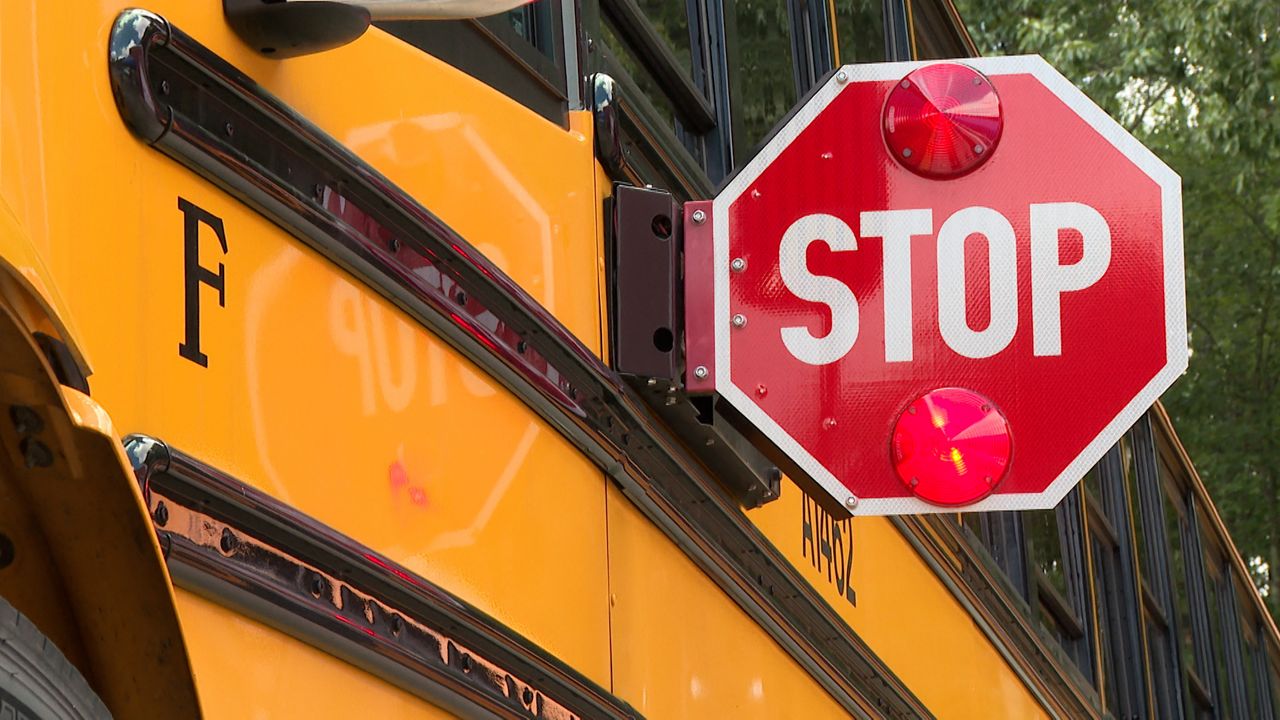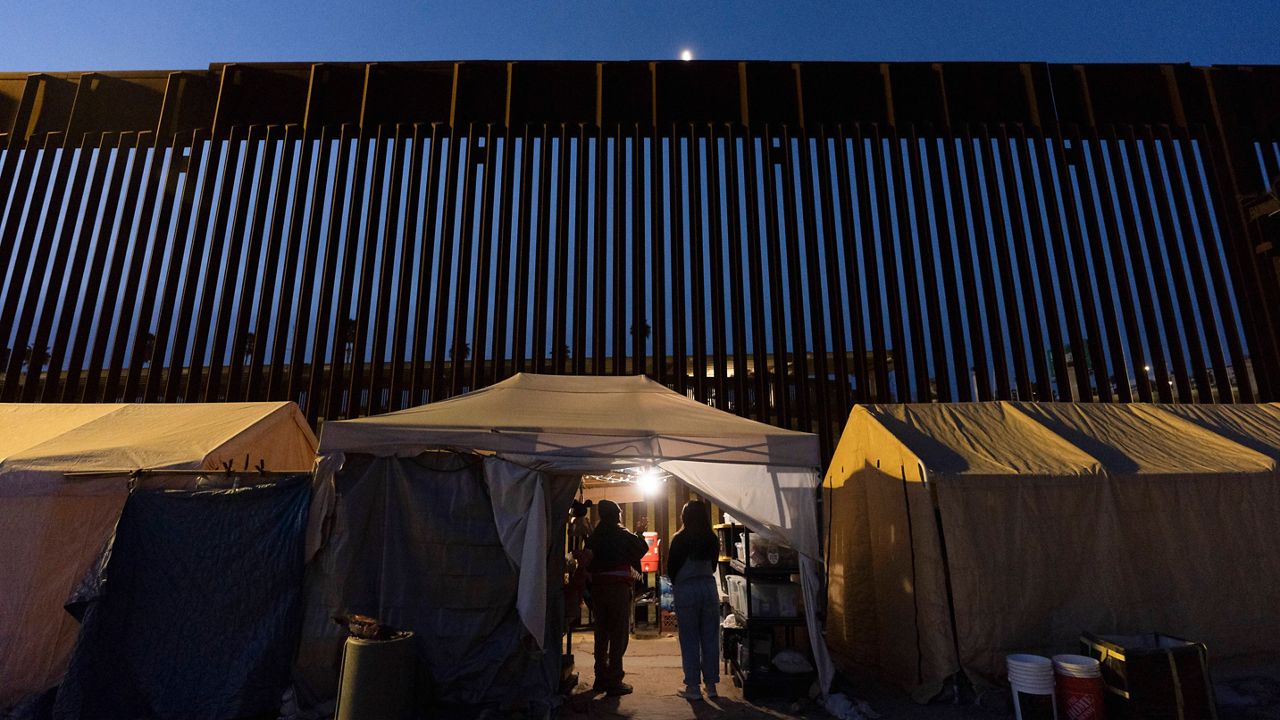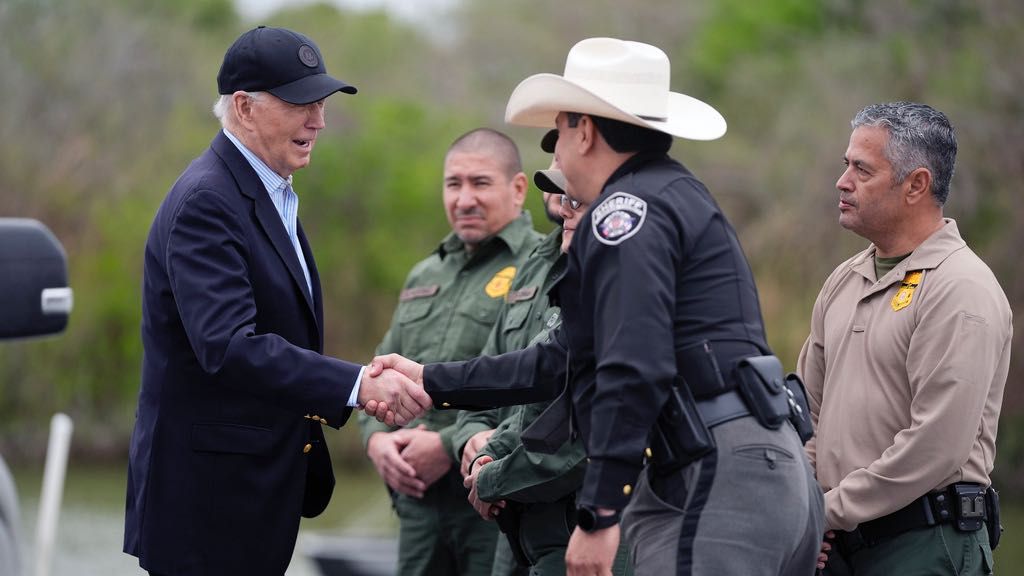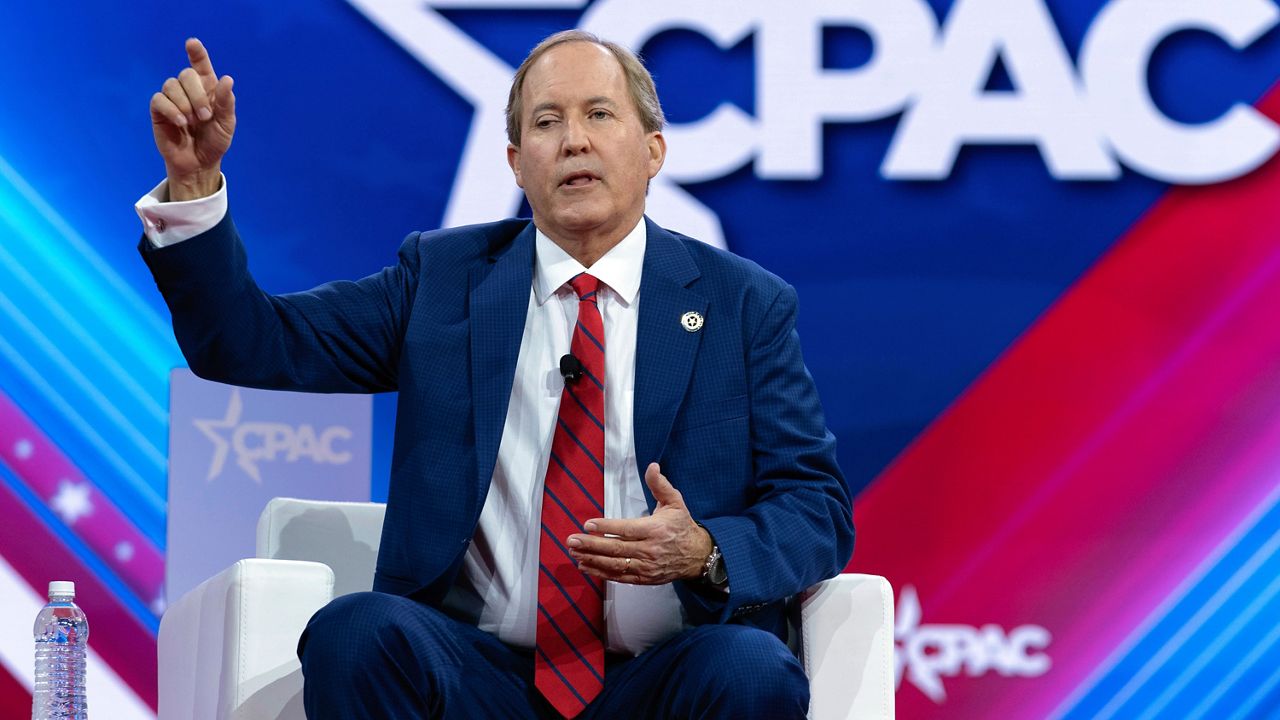TEXAS — On Thursday, President Joe Biden's massive 353-page immigration bill was formally presented to Congress. The measure is the most comprehensive since President Reagan allowed amnesty for 3 million immigrants in 1986.
The Biden measure forges a path to citizenship for the 11 million undocumented immigrants currently living in the U.S, expands family-based immigration, promotes migrant worker visas, and throws in $4 billion over the next four years to Central American countries for economic and security purposes, nations in distress fueling the exodus of asylum seekers seeking opportunity in the U.S.
Biden’s plan also widens the avenue for new arrivals to reside in the U.S with protected legal status. Asylum seekers will see relief as immigration court backlogs are expected to be cleared.
However, 25,000 asylum seekers tagged by Trump’s Migrant Protection Protocols (MPP) currently residing on the southern side of the U.S border must wait until U.S. Customs and Border Protection officials call up their case. At the same time a new wave of Central American migrants are crossing into the U.S. at different ports between Texas and California.
“It’s a huge frustration,” said immigration Attorney Jennifer Scarborough in Matamoros, Mexico.
Scarborough’s client was deported to Mexico in September 2019 under the Trump administration MPP. The American lawyer says Trump’s “remain in Mexico” policies prevented the asylum seeker from a fair court hearing. Her client, a Honduran man and married father of two is separated from his family because of the deportation.
“It’s just not a fair process,” she said..
Scarborough is confused why newly arrived migrants are allowed into the U.S. while the Honduran man and an estimated 20,000 asylum seekers with ‘remain in Mexico’ orders must wait until their case number up. Her client is one of an estimated 1,000 people living in tents at the Matamoros migrant encampment feet away from an International bridge.
“It’s been really hard for them to see folks who haven’t been living in this camp getting to enter and they’re still stuck,” she said.
In Brownsville, Texas roughly 300 yards away at the metro bus station, immigrant advocates celebrate new arrivals looking for a chance for economic opportunity in the U.S.
“It’s like the end of a dark and horrific tunnel,” said migrant advocate and nonprofit Team Brownsville’s co-founder, Sergio Codovo.
For two years, Codovo actively has helped asylum seekers reach their final destination when they first arrive in the U.S.
“Yesterday we saw about 70 to 80 people. Today we have one, two, three, four five… about ten families out here, six families inside,” he said.
Codova says since the Biden administration took over last month, he’s witnessing 50 to 80 migrant families arrive daily.
Codova helped sponsor new arrival Jerry Velasquez, an asylum seeker who fled his native country Honduras. Velasquez left the economically troubled Central American nation with his six-year-old daughter a month ago.
“In Honduras there is a lot of crime,” said the 22-year-old man as he made his way through the bus station, “There is no work and here there is work and here you can buy clothing, buy food and provide education for my daughter.”
Biden’s immigration overhaul allowed Velasquez to be one of the first under relaxed rules to enter the U.S with little effort. He now must present himself to immigration officials when he reaches his destination in New Jersey.
“I feel really good, and this helps me out a lot just to get here. We have suffered a lot and now I’m getting the help I need,” said Velasquez clutching the hand of his daughter.
In the meantime, Scarborough’s client’s case is stuck in an immigration appeals court waiting for an answer of when or if he'll be allowed to join his family in Virginia.
Biden’s measures place emphasis to utilize new technologies for additional border security. Arrests and deportations will be limited with supervisor approval, except for violent felony offenders.









